Harnessing 14 years of experience in the field of interior design to establish H2H Shop, a design-led, artisan-made design artefacts, and decor brand, Reshma Chabbaria offers smart interiors solutions for urban Indians to incorporate made-in-India products into the modern aesthetics of their spaces. Reshma is a qualified Interior Designer who has worked with stalwarts like Arch Shaukat Mukhi and AR. Pronit Nath before starting her own practice in design. Living between Tokyo and Mumbai allowed Chhabria to develop insights into the crafts landscape of both regions. Through H2H Shop, she beautifully amalgamates these two distinct styles to create unique decor pieces and functional home accessories that reflect a sophisticated mix of Japanese aesthetics and Indian design traditions, materials, and intricacy. Having built a wide consumer base over the past five years, the brand continues to be rooted in her belief that every piece in an environment has a purpose, and that it must be well selected, well crafted, and beautiful.
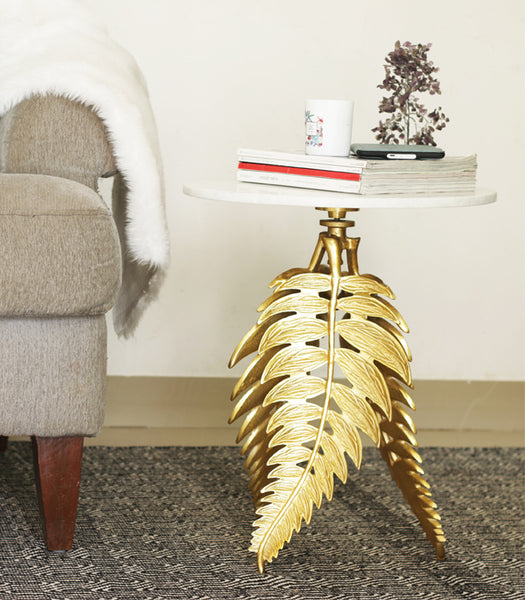
With 14 years of experience as an interior designer, what motivated you to finally establish your own brand?
While I practised Interior design, clients would always look abroad to source for their accessories. Convincing them that craftsmen in India could make products just as suited or well done was difficult. Indian accessories in those days were looked at as either very Indian in their aesthetics or the feeling was always that it would not be as well finished as a Chinese or an Italian product. The belief that our handcrafted products could have the same finish and can work for even the most modern homes drove us to start the H2H journey.
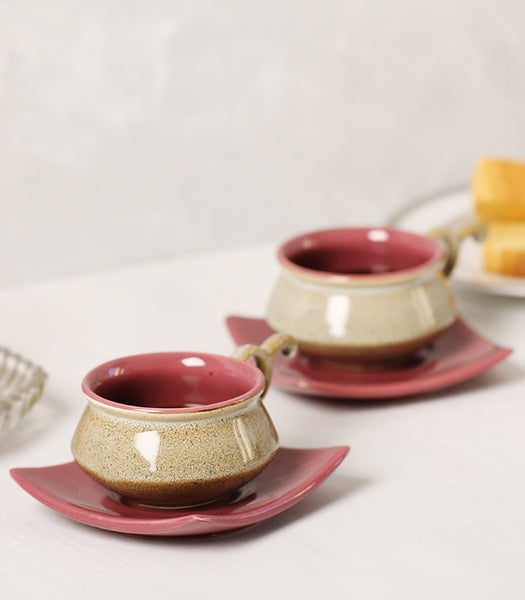
H2H Shop focuses on artisan-made design artefacts that combine Indian and Japanese sensibilities. How did you conceptualise this unique combination of aesthetics?
Japan and India both are deeply rooted in their history and traditions. Both countries are rich in culture and heritage[,] and to get inspired by that and be able to craft products which remain timeless is what we try to do. Artisans from both countries believe in quality and attention to detail. Our products are bold enough to remain highlights yet subtle enough to blend in to lean character into a space. For us[,] being honest to the materials we use and highlighting the characteristics is what makes our products.
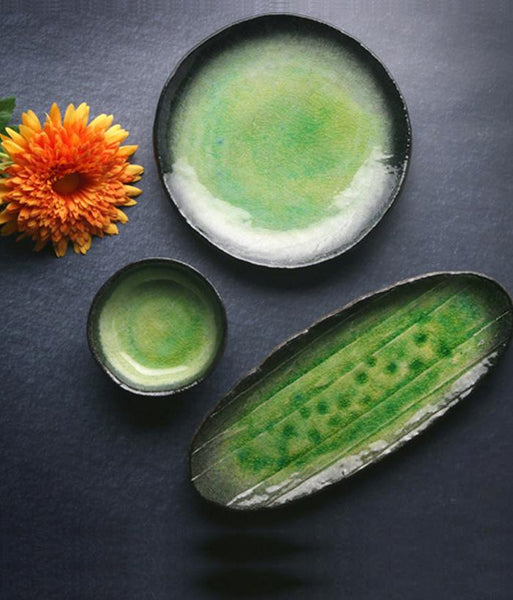
What is your advice for making use of space in an intelligent way, with a cohesive design story, while setting up a home in urban spaces?
Multi-functional products are a smart way to use accessories in urban homes. A tray can be used as a base for a coffee table setting as well as serving. Sculptural candle holders stand out when we don’t need the candles and create a soft mood into the space when we want to light up the candles. Smartly placed mirrors not only embellish walls but also can make the space look open.
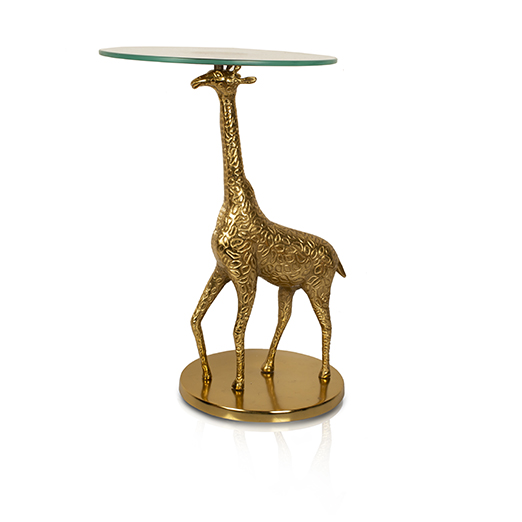
What factors do you consider when sourcing and selecting pieces for the H2H Shop, and does it differ from how you choose artefacts for your own home?
We work only with natural materials that can be crafted completely by hand. The materials used for all our products also need to be available from that [local] region. The pieces that go live on H2H are things we deeply love, just wish we had bigger houses to be able to use them all at home.
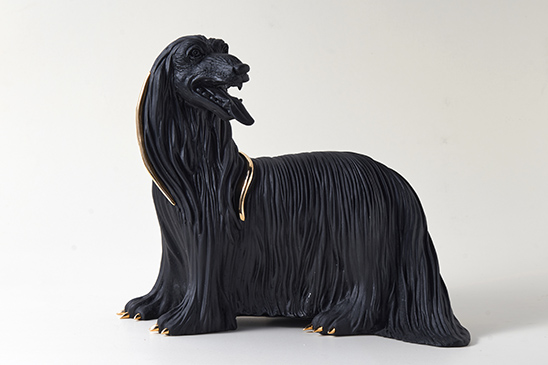
Finally, what are the most important entrepreneurial lessons that you believe all business owners should try to inculcate in their practice?
Adaptation, perseverance, and patience. Entrepreneurship is a journey and to travel on any path[,] we need to be able to adapt quickly and with a certain naivety which then allows us to be eternal students. There is not a soul that knows everything, hence each day teaches us something new [and] we need to be open to that. Belief that what we are doing is good and pushing forward towards our goals while being patient is something [that] may be hard but it is what makes us better. But most importantly, enjoy every aspect of what you do, everything else just falls in place.












